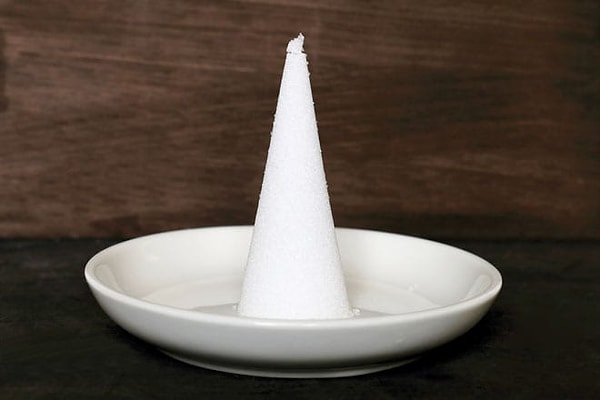Why Do Japanese People Sprinkle Salt on Doorsteps?
When you visit Japan, you might notice small piles of salt at the entrances of some restaurants or homes. Though it may seem odd at first glance, it's actually a tradition that has been upheld for centuries. For the Japanese, salt is a symbol that purifies and wards off negative energy. As it represents purity, it holds a significant place in both daily life and religious ceremonies.
Now, let's delve deeper into its origins.
In Japan, salt symbolizes purity and protection.

In Japanese belief, salt is considered a substance that wards off evil spirits and purifies the area it's placed in. In Shinto rituals, it is one of the most essential cleansing elements, alongside fire and water. It is used in a wide range of ceremonies, from births to marriages, and even funerals.
For instance, after a funeral, Japanese people scatter salt on their doorsteps to prevent negative energies from entering their homes. Similarly, a mother will purify both herself and her room with salt after giving birth. Even sumo wrestlers sprinkle salt around the ring before stepping in, in order to cleanse the area of any malevolent spirits.
In Japan, it's common to see two small piles of salt shaped like cones in front of many restaurants, theaters, or shops.

Placing cone-shaped salt at the entrance of a place is done with the intention of purifying the space and attracting prosperity. This tradition is also considered a sign of cleanliness and meticulousness.
According to belief, salt attracts customers. This idea actually stems from a tale originating from ancient China. According to the legend, a concubine scattered salt at her door to catch the emperor's attention, which led his carriage to her doorstep. Since then, the Japanese also view salt as a symbol of 'prosperity and attention-grabbing'.
Throughout history, the production of salt has been a significant activity in Japan.

Salt derived from seawater was both a valuable and hard-to-reach commodity, which only added to its significance. According to Shinto beliefs, salt is a natural force that purifies the soul and the environment, warding off negative energies.
Even today, if you see salt at the entrance of a restaurant in Japan, it indicates that the place maintains its traditions and places a high importance on cleanliness.
Keşfet ile ziyaret ettiğin tüm kategorileri tek akışta gör!

Send Comment